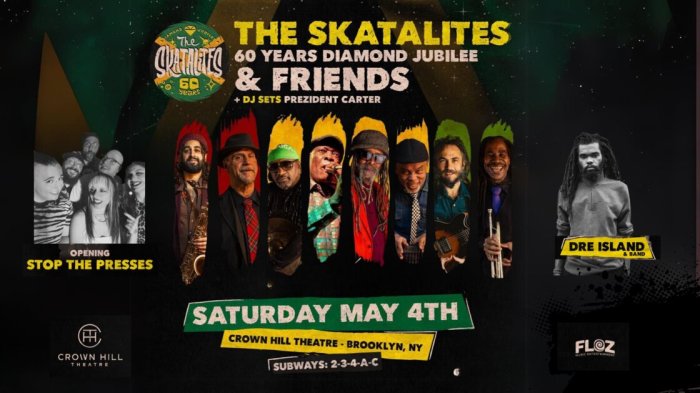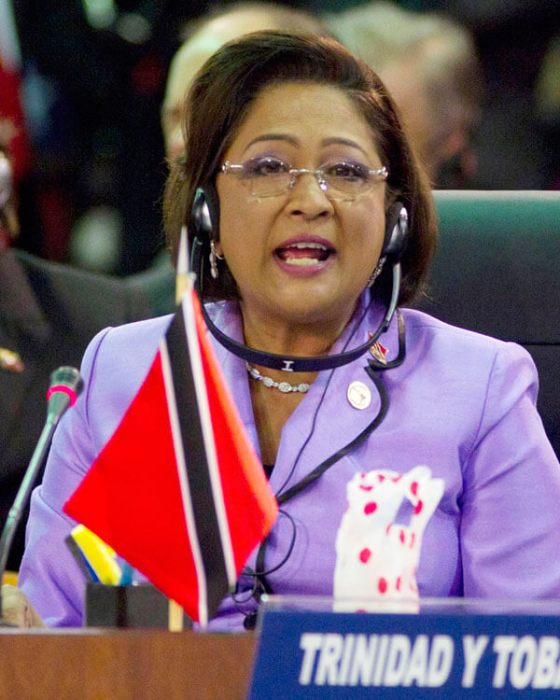In commenting on some distasteful chatter that broke into the news concerning Opposition Leader in Trinidad and Tobago, Dr. Keith Rowley, Trinidad Express columnist Martin Daly recently committed an error of attribution that incorrectly tagged a party colleague of Rowley’s as subscriber to the alleged buzzing. Both as columnist and attorney, Daly ought to have been more circumspect and portrayed former Senator and Member of Parliament Fitzgerald Hinds as reporting the off-color (in a manner of speaking) stuff being whispered about Rowley, not that Hinds was party to it. In this preamble phase of what will be a pivotal general election next year, Hinds had said publicly that there was supposedly a sentiment in some quarters that an impeding factor in Rowley’s chances of becoming prime minister will be his being “too black.”
Daly’s reference wasn’t the first time this particular maligning of Rowley had become a media nugget. Notably, another Express columnist, Selwyn Ryan, had regurgitated the “too black” indictment ascribed to some folk in an earlier piece. Curiously, Ryan qualified “black” in his initial mention of this anti-Rowley undercurrent as not “biological” but more pertaining to Rowley’s social/political outlook. By the time the issue was addressed again in a subsequent Ryan column, there was no such qualification. For his part, aside from his column’s misleading context for Rowley’s party mate, Daly was very much on point in his insistence that this business of an Afro-Trinidadian being considered too dark-skinned to hold the country’s highest elective office wasn’t a topic to be dismissed, as some had contended, but very much one to be squarely confronted.
To the unsuspecting, discussion surrounding the pigmentation of an Afro-Trinidadian political figure in a country where Afro and Indo-Trinidadians are the dominant demographic sectors might seem off-the-wall bizarre. More so when the discussion is allegedly being generated among Afro-Trinidadians, who happen to form most of the support base for Rowley’s party, the People’s National Movement (PNM). Afro-Trinidadians who care to be honest about social mores in the country know full well this isn’t the least bit unusual. And hardly are they (not everyone, heaven forbid) singular in employing an imaginary but ingrained “complexion scale” in the litmus test process. As Daly says, quite correctly: “Preference for lighter complexions and prejudice against darker ones is a worldwide phenomenon and exists even among people of the same race.”
Worldwide phenomenon indeed. African Americans, we know, are no strangers to light/dark differentiation permeating much of their experience. Daly in fact notes that writer-activist Alice Walker coined the term “colorize” for the complexion preference syndrome. Along the way of African Americans’ journey, both pre and post-civil rights era, there’s been many a hint, if not outright suggestion, of “colorizing” having played a role, minimal maybe, as far as some leadership figures who emerged. Not to mention the frequency with which we’ve seen, in entertainment and media, individuals whose arrival in the spotlight, more likely than not, the “colorized” bit aided substantially.
In Trinidad and Tobago, the calypsonian can always be counted on to size up issues bedeviling the social landscape. Years ago, calypsonian Chalkdust, ever perceptive in such observations, addressed the halting embrace of their African-ness he often found among his African brethren. As when, he sang, mothers would zero in on one of their baby’s physical features to make linkage with some strand of non-African ancestry — a great-grandparent, perhaps, who was part Chinese or part Portuguese: “De baby black like a voodoo doll/But they ain’t see Africa at all.” Chalkdust was telling no tales out of school with his commentary. But predictably, folks could get somewhat antsy when called out.
Which likely explains opposition voiced against drawing public attention to those hideous sentiments supposedly making the rounds about Rowley. What’s perplexing, even for those well hip to the light/dark nonsense that factors into social interaction in the country, is that there have previously been Afro-Trinidadian prime ministers. And should we for a moment deign to indulge the crud about a dark complexion ensuring confinement to the margins, what then explains the succession of prime ministers including two, A.N.R. Robinson and Patrick Manning, with complexions not a whole lot different from Rowley’s? Is it that this anti-Rowley whispering, to the extent it exists, is programmed to be not just contemptible beyond words, but illogical as well?
As complementary deal-breaker talk with the “too black” stuff, some have apparently advanced Rowley’s being a native of Tobago, introducing yet another sick dimension to this pursuit of divisiveness. For whatever it’s worth, Robinson more than 30 years ago debunked any wild notion of Tobago birth being a prime ministerial non-starter. Which just might formally qualify the alleged brouhaha over Rowley’s fitness to be prime minister as a proverbial tempest in a teapot. And makes hawkers of this trash ideally suited for our “Get a life!” reaction.
Not that we should ignore the teachable moment here…which there is. Still lingering out where it ought never to have been is a sense that the more African you look, the more modest should aspirations be. We dare not think otherwise, so hopefully there is but the minutest percentage of Afro-Trinidadians hewing stubbornly to the self-hate indictment that any incendiary Rowley comment actually is. But kudos to the guy if he has catered for such friendly fire.
























